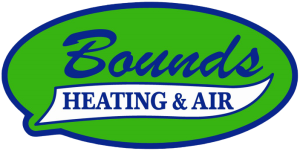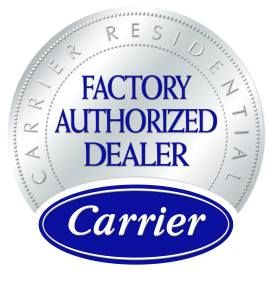What You Need To Know About HVAC Ductwork and Maintenance
The air ducts in your home work all year round, carrying warm or cold air from your HVAC unit, depending on the season. For your heating and cooling system to operate effectively and efficiently and keep your space comfortable, high-quality HVAC ductwork is crucial. Let’s look at the important role of ducts in your overall HVAC system and why their routine maintenance is vital.
The Role of HVAC Ductwork
Ducts are a crucial HVAC component, as they distribute the air throughout your space, helping maintain a consistent indoor temperature and good air quality. However, once the ducts start having issues, your heating and cooling system will have to work significantly harder to do its job.
For example, if the ducts leak even just 20% of the air that passes through, the entire system will have to work 50% harder. This results in increased energy consumption, higher bills, and faster wear and tear of your system.
Optimizing Your HVAC System Through Ductwork Maintenance
When you have clean, sealed, and well-maintained ducts, no air escapes and you have better indoor air quality since no contaminants, such as dust and pollen, enter the airflow. These are achieved through proper and regular duct care and upkeep.
Here’s a checklist of the essential things that need to be ensured during air duct maintenance:
- Sealed Ductwork: An inspection must be performed by a professional to check for leaks as well as any other damage or issues.
- Blocked or Obstructed Vents and Ducts: If there are rooms in your house with a different temperature, vents and ducts should be checked for anything that might be obstructing airflow, such as furniture or decor.
- Clean Air Ducts and Vent Covers: Over time, dust and debris will accumulate in the ductwork, so they must be thoroughly cleaned at least once a year. Vent covers must also be cleaned or replaced as needed.
- Air Filter Inspection or Replacement: For best performance, your air filter must be regularly replaced. It is recommended that you use the filter that is most compatible with your system, which you can check through the model number of your HVAC unit.
Maintain Your HVAC System for a Healthier Home Environment
Achieve excellent indoor air quality with the help of Bounds Heating & Air in Gainesville, Florida. We will keep your ductwork and entire HVAC system in great condition with our maintenance and repair services. To learn more about what we do, feel free to get in touch with us.


